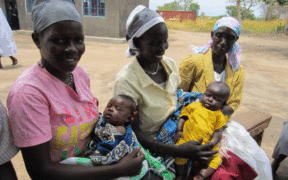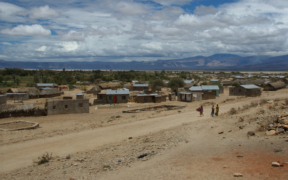Author:
Alex Omari
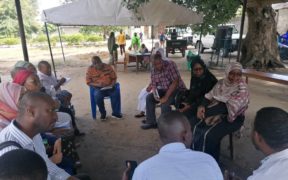
38 family planning and reproductive health (FP/RH) workforce members came together for the 2022 East Africa Learning Circles cohort. Through structured group dialogues, they shared and learned from each other’s practical experiences, on what works and what doesn’t in improving FP/RH access and use.

In August 2020, Knowledge SUCCESS embarked on a strategic initiative. Responding to knowledge-sharing needs expressed by adolescent and youth sexual and reproductive health (AYSRH) professionals, it established a robust global Community of Practice (CoP). It worked collaboratively with a group of AYSRH professionals to create the NextGen Reproductive Health (NextGen RH) CoP.
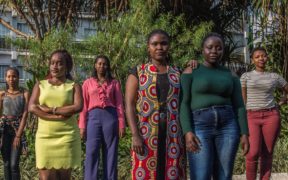
Knowledge Management Champions play an important role in change management for family planning and reproductive health (FP/RH) programs. Also known as KM Champions, Knowledge Activists, or Knowledge Coordinators, they are not knowledge managers but part-time volunteer knowledge change agents—facilitating knowledge acquisitions from knowledge innovators and enabling the sharing and effective utilization of such knowledge.
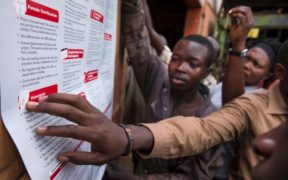
The COVID-19 pandemic has disordered the livelihoods of adolescents and young people across Uganda’s communities in many ways. With the first COVID-19 wave in March 2020 came the adoption of containment measures, such as the closure of schools, movement restrictions, and self-isolation. As a result, the health and well-being of young people, especially adolescent and youth sexual and reproductive health (AYSRH) in Uganda, took a hit.
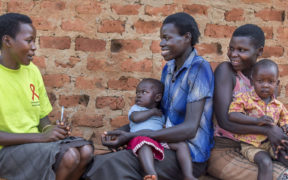
Health care systems across the globe have always been based on a provider-to-client model. However, the introduction of new technology and products, and the increasing ease of access to information, has caused a shift in how health services can be delivered—placing clients at the center of health care. Various health areas, including sexual and reproductive health and rights (SRHR), have embraced self-care interventions. These methods increase access to and use of essential health services. This is especially important as health care systems become increasingly overburdened, coupled with the urgency to respond to individuals’ and communities’ SRHR needs across all life stages.
![Photo of [name] at work. Photo courtesy of Living Goods](https://knowledgesuccess.org/wp-content/uploads/2021/02/thumbnail_image001-288x180.jpg)
The Knowledge SUCCESS East African team engaged its partners at Living Goods East Africa (Kenya and Uganda) for an in-depth discussion on their community health strategy for implementing programs and how innovations are essential towards enhancing global development.
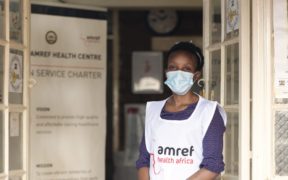
The integration of voluntary family planning and reproductive health care (FP/RH) with HIV service provision ensures FP information and services are made available to women and couples living with HIV without discrimination. Our partners at Amref Health Africa discuss the challenges of effectively addressing FP needs for vulnerable clients living in informal settlements and slum areas, and offer recommendations for reinforcing FP and HIV integration.
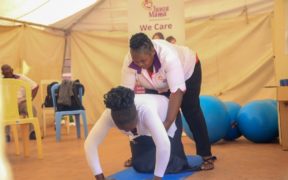
Our colleagues at Amref share how the Tunza Mama network improves the socio-economic status of midwives while positively impacting the health indicators of mothers and children in Kenya.



